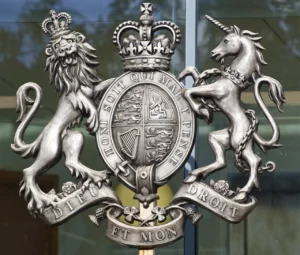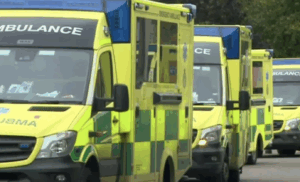In a concerning trend, shoplifting incidents in England and Wales have surged, reaching approximately one offence per minute. However, despite this rise, police charges related to shoplifting have declined, leaving offenders seemingly unpunished.
According to data revealed by the Labour party, there were a staggering 402,482 shoplifting offences reported in the year leading up to September 2023. Yet, the proportion of cases resulting in a police charge has fallen from 20% to 15% between 2018 and 2023, as per a Freedom of Information request.

Labour representatives argue that this decline in charges has allowed offenders to escape consequences, effectively going “scot-free.” The absence of a corresponding increase in alternative penalties compounds the issue.
Disturbingly, over 54% of shoplifting cases end up being dropped without identifying a suspect, as highlighted by recent Home Office figures.
The roots of this problem trace back to a 2014 policy change that introduced a “low value” shoplifting category for items worth less than £200 in total. This move, championed by then-Home Secretary Theresa May, aimed to expedite the handling such offences by allowing police to address them through postal procedures.
While the government’s intention was to streamline processes, critics, including the British Retail Consortium, argue that it has inadvertently led to deprioritisation of shoplifting cases by officers.
As a consequence of the rise in thefts and attacks on staff, some retailers have resorted to securing everyday products like meat, butter, chocolate, and coffee by locking them away or using security tags.
The situation remains a challenge for law enforcement, and finding a balance between efficient handling and ensuring justice for victims remains a critical task.


































